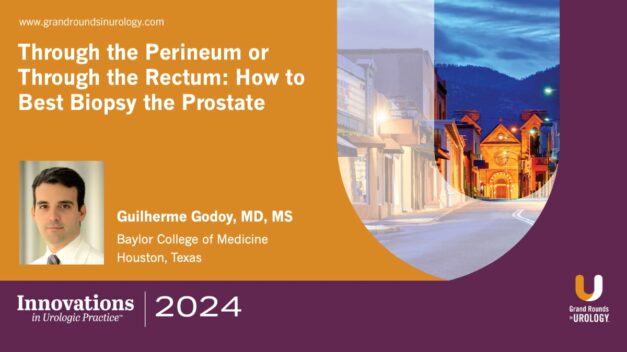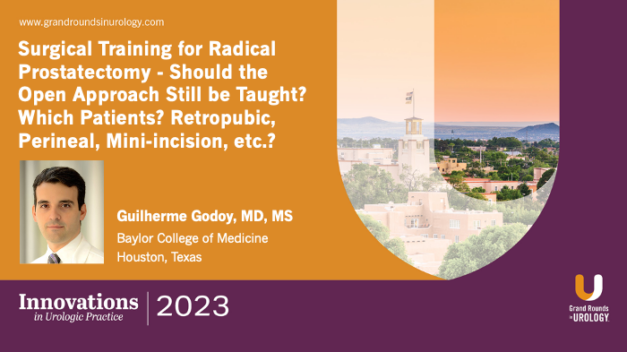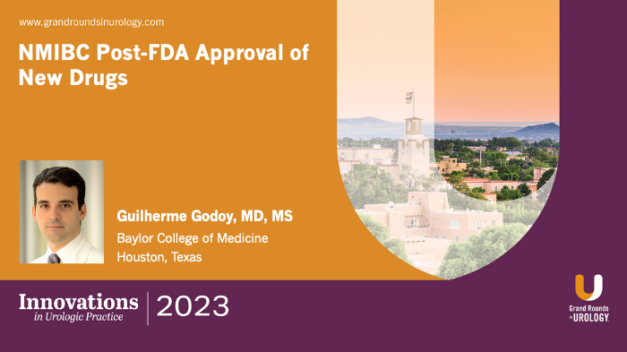Through the Perineum or Through the Rectum: How to Best Biopsy the Prostate
Guilherme Godoy, MD, MS, addresses prostate biopsy techniques, contrasting transrectal and transperineal approaches.
In this 20-minute presentation, Dr. Godoy highlights the current debate between transrectal and transperineal approaches. Transrectal biopsy remains a familiar, office-based procedure requiring only local anesthesia, offering easy access and minimal patient discomfort. However, it poses infection risks. Conversely, the transperineal approach minimizes infection risk. This approach, however, is often more painful, typically requires sedation, and may incur higher equipment and procedural costs, as well as a longer learning curve for practitioners. Godoy also discusses recent studies comparing the effectiveness of these techniques. Research indicates no significant difference in cancer detection rates between transrectal and transperineal biopsies.
The integration of MRI-ultrasound fusion and cognitive fusion biopsy techniques continues to enhance the precision of both approaches, especially in targeting smaller, more localized prostate lesions. Godoy feels biopsy methods may evolve further as MRI technology improves, potentially eliminating the need for whole-prostate sampling. Instead, biopsies could focus more on specific, MRI-identified lesions, reducing patient discomfort and procedural risks while improving diagnostic accuracy.
Read More



